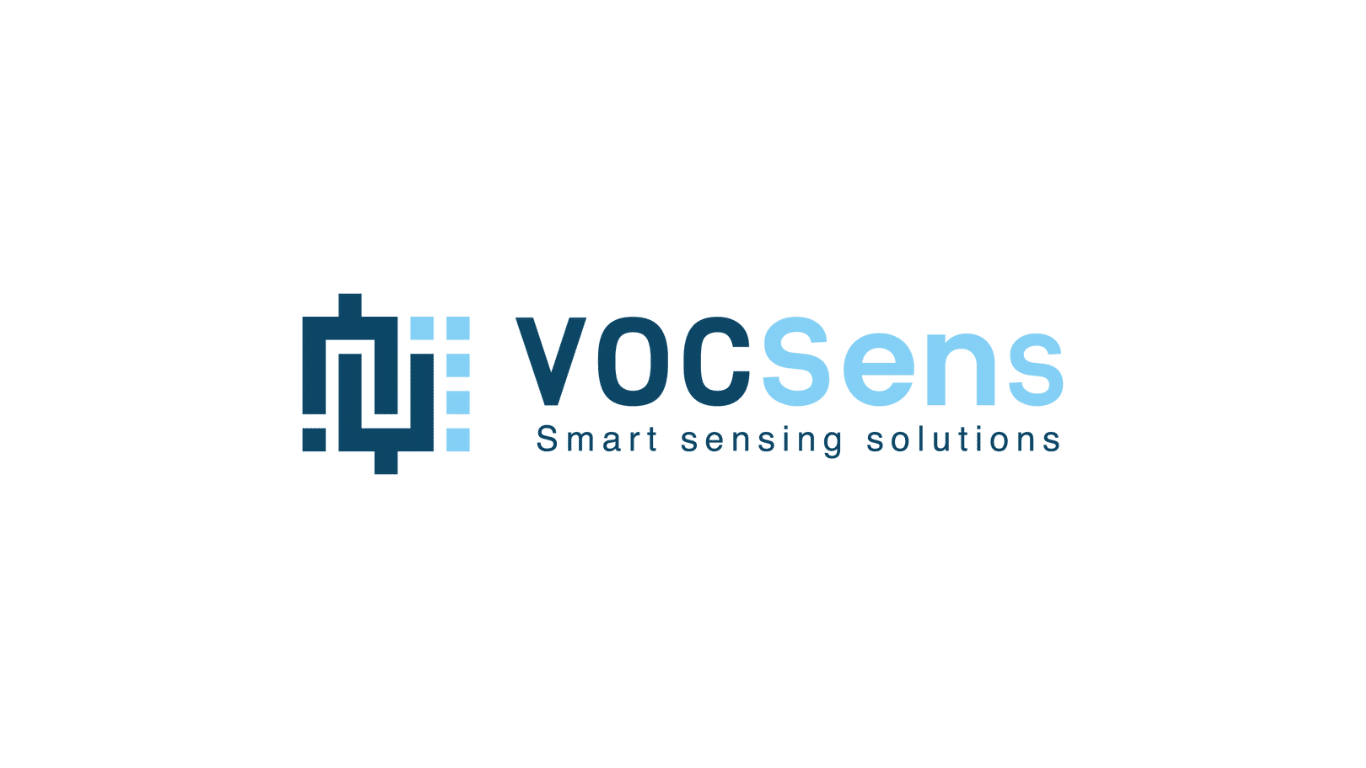Saturday, 21 February 2026

In the quiet but fast-accelerating race to monitor agricultural emissions, Belgian deeptech startup VOCSens has secured a €0.5 million investment from the Agri Investment Fund (AIF), a move that could fast-track the industrial rollout of its ammonia-sensing technology for livestock farms. At a time when agriculture is under mounting regulatory and climate scrutiny, this investment positions VOCSens as one of the emerging tech players offering not just incremental fixes but foundational shifts in how emissions are tracked and managed on the farm.
VOCSens is tackling one of the livestock sector’s most intractable problems: ammonia emissions. These are not just an environmental liability but a growing cost center for farmers navigating increasingly stringent compliance regimes across Europe and beyond. The startup’s sensors promise to deliver real-time, cost-effective emission monitoring without the complexity of large-scale infrastructure. If successful, this could radically reduce the friction between environmental mandates and on-farm execution—offering farmers a scalable path to stay ahead of regulation while improving animal welfare and operational efficiency.
For the Agri Investment Fund, the move is as much about agri-environmental innovation as it is about commercial readiness. With livestock operations under increasing pressure to cut emissions, the demand for plug-and-play technologies that work at scale is surging. Unlike traditional sensor systems that are costly, invasive, or require frequent calibration, VOCSens’ modular multi-gas platform is designed for seamless integration, low maintenance, and high reliability in rugged farm conditions. That combination is increasingly seen as the holy grail for climate-aligned agtech: low cost, low complexity, high impact.
The funding will allow VOCSens to accelerate the industrialization of its ammonia detection systems, moving from R&D and pilot deployments to broader commercial availability. This is critical as policymakers across the EU prepare to enforce tighter emission ceilings, and livestock producers scramble for tech-enabled compliance tools that don’t break their bottom line. VOCSens, in that context, isn’t just making sensors—it’s developing a risk mitigation product for the future of livestock farming.
What makes the VOCSens story particularly relevant is its platform potential. While agriculture is the initial market, the company is also targeting adjacent sectors such as smart buildings and automotive. From ventilation optimization to cabin air quality monitoring and battery safety in electric vehicles, VOCSens’ sensing capabilities are built to scale across verticals. That broader application base gives the startup insulation against sector-specific volatility while also creating synergies across regulatory-driven markets.
For investors and agribusiness strategists alike, the deal reflects a growing thesis in agricultural innovation: the next wave of value creation won’t come from yield boosters or digital dashboards alone, but from invisible infrastructure—smart, embedded, data-rich tools that turn emissions into actionable metrics. As food systems transition under the weight of climate, compliance, and cost pressure, technologies like VOCSens are shaping a new frontier: one where sustainability is measured in real time, and profitability depends on precision.
The backing from AIF is a signal that emissions sensing is moving out of the lab and into the field. And with policy pressure mounting and the economics of inaction growing more severe, the race to make emissions visible, manageable, and monetizable is no longer a tech fantasy—it’s a business imperative. VOCSens, with its sensor-first approach and cross-sector adaptability, may well be among the firms turning that imperative into reality.